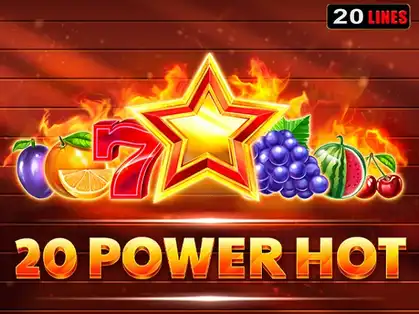NC Governor vetoes casino night bill
Legislation that would make charitable casino nights legal in the state of North Carolina was vetoed Wednesday by Democratic Governor Roy Cooper (pictured) who reportedly said he feared approving the bill would open the door to a video poker industry, one which the state has for years worked to eradicate.
WRAL.com reports that the Governor said in a statement that while he’s not opposed to charities raising money through the occasional game night, House Bill 511 “could cause unintended problems.”
In a brief veto statement delivered via email to media, Governor Cooper reportedly said that by legitimizing charitable gaming through the legislation, it would provide video poker with a new way to infiltrate communities. “Allowing the industry to masquerade as a charity could cause unintended permits to be issued, and without tough criminal penalties, enforcement would be difficult,” Cooper said.

The state’s only legal gambling avenues are the North Carolina Education Lottery, Harrah’s Cherokee Casino, Harrah’s Cherokee Valley River Casino near Murphy, and low-stakes “beach bingo” with prizes of $10 or less.
Both republican and democratic lawmakers reportedly had issues with the measure, concerned that it could be abused. Sponsors, however, said the bill was innocent in intent, making raffles which are already used by some nonprofits to raise money in the state, officially legitimate. House Bill 511 authorized permitting such charitable events run by nonprofits four times a year at businesses where the sale of alcohol was already permitted. No cash or cash prizes would be involved during play, with only tokens or chips, which would be converted to raffle tickets, being used.
During session, the bill was reportedly hotly debated and amended, with its eventual passing in a 76-32 vote in the House and by the Senate in a 27-15 vote.
State officials have for years used laws and court rulings in an effort to stamp out video poker and later sweepstakes parlors, where money is spent by players to reveal prizes via casino style games. The use of anything of value to win prizes is technically illegal in North Carolina. Cooper said, “North Carolina law enforcement has fought for years against the for-profit video poker industry, and legitimizing charitable gambling in this way could give video poker a new way to infiltrate our communities.”
Once widespread in the state, a complete ban on video poker machines in bars went into effect in 2007. Sweepstakes parlors began popping up after the ban and in an effort to circumvent it operated in a legal gray area offering players chances to win when they purchased Internet or phone time. In 2010, an attempt to close the parlors was made by the General Assembly when it outlawed video sweepstakes with an “entertaining display,” but due to a legal challenge by the industry, the ban did not go into effect until 2013. Even then, some of the operators said they would stay within the language of the law by using new “pre-reveal” software that allows the player to see their prize prior to game play.
In March this year, the North Carolina Education Lottery Commission agreed to expand the state-run lottery by adding the draw game keno, which unlike other numbers games, is played in public places, such as bars and restaurants. The keno lottery games are expected to debut in October.
